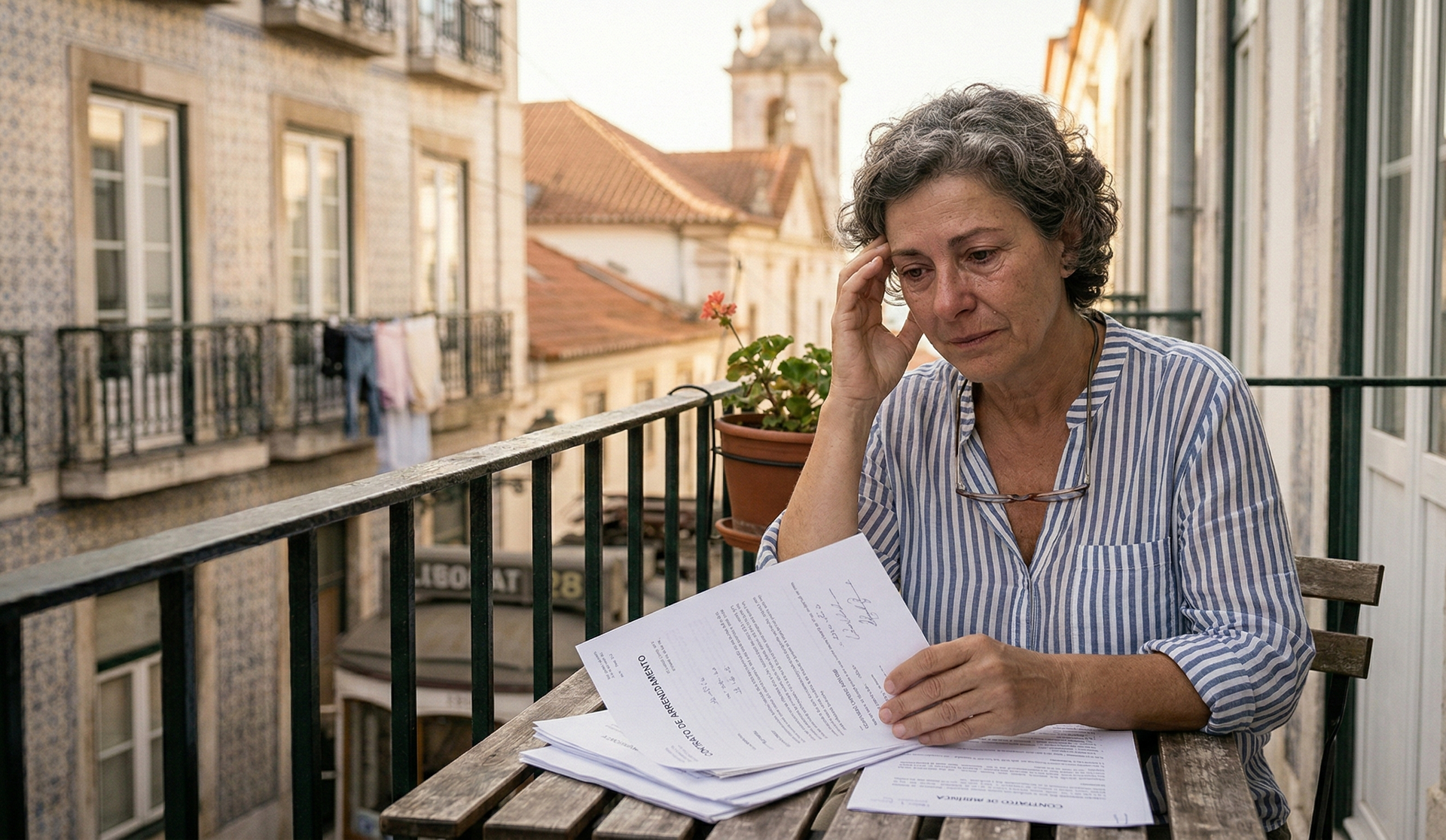Portuguese Nationality Law Reform Postponed Until September
The Portuguese Parliament has decided to postpone the vote on the proposed amendments to the Nationality Law until September 2025. The decision was taken in a meeting of the Committee on Constitutional Affairs, Rights, Freedoms and Guarantees, following pressure from several political parties who requested more time to assess the implications of the proposed reform. The delay allows for additional hearings with legal experts, immigrant associations and civil society representatives before a final vote is held in plenary session.
The proposed reform introduces significant changes to the current legal framework for acquiring Portuguese nationality. Among the most impactful measures is the extension of the minimum legal residence period required before applying for naturalisation. Under the new proposal, this period would increase from the current five years to seven years for nationals of CPLP countries (Community of Portuguese Language Countries), and to ten years for applicants from all other countries.
Another major change concerns the introduction of mechanisms to revoke Portuguese nationality. According to the proposal, naturalised citizens who are convicted of serious crimes — defined as those resulting in prison sentences of five years or more, within ten years of acquiring nationality — could see their Portuguese citizenship revoked by a court decision, based on a proposal from the Public Prosecutor’s Office.
In addition, the reform would tighten the requirements for acquiring original Portuguese nationality through birth in Portugal. For children born in Portuguese territory to foreign parents, it would become mandatory that at least one parent has been residing legally in Portugal for a minimum of three years, instead of the current two years.
Although the government initially intended to approve these changes before the summer recess, political consensus has not yet been reached. Left-wing parties have raised concerns regarding the constitutionality of retroactive revocation of nationality and the potential impact on the rights of long-term residents and immigrant communities in Portugal. In response, the parliamentary committee agreed to postpone the process and schedule a new round of expert hearings in early September. A final vote on the reform is now expected to take place later that month.
Until then, the current version of the Nationality Law remains in force, including the five-year legal residence requirement for naturalisation. Applicants who meet this requirement and wish to apply under the current rules may still do so in the coming weeks.










